[ad_1]
This post may contain affiliate links. We may receive a small commission, at no cost to you, if you make a purchase. Read Disclosure.
There are many reasons why you would consider traveling independently over being in a group.
Independent travelers tend to have more freedom, convenience, and save money.
But there are far more things to consider than just saving time and money.
In this guide, I’ve listed some things to consider when traveling alone as opposed to a group, as well as listing all the benefits of Independent travel.
Why is independent travel is better than group travel?
If you’re planning your next vacation and you’re not sure whether to do it alone, here are some reasons why independent travel might be right for you…
1. Travel at a slower pace
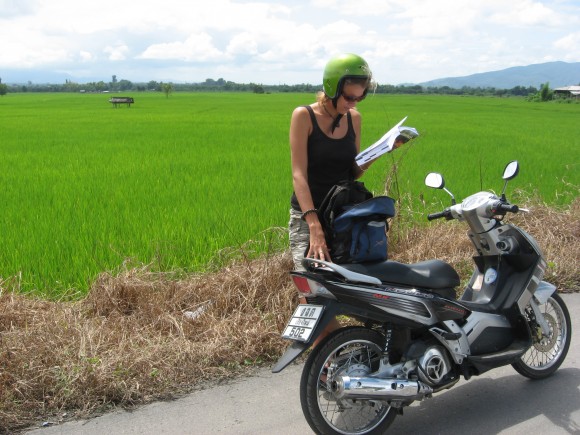
Craig and I travelled through Africa independently backpacking from Kenya to Cape Town. We were always amazed at how fast the overland trucks (the guided tours) ripped through areas.
While we were relaxing in beautiful lakeside villages for days at a time, they were pulling in, setting up, and then getting up at the crack of dawn to pack up and leave again. It was quite exhausting watching it.
Independent travel allows you to go at your own pace, enabling you to get to know the local culture more and create more enriching experiences in one particular area.
You also get more free time as you are not rushing to be on a schedule.
2. You get greater authenticity
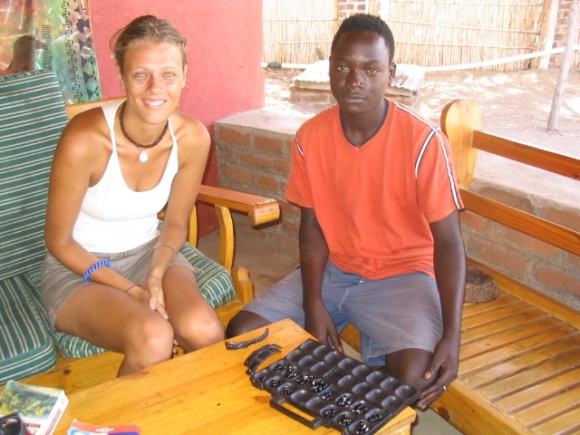
I hesitate to use the word “authenticity” because I believe that every moment is authentic because you are experiencing it.
So it doesn’t really matter if you are in a bus touring Europe, walking across the prairies, or eating rice with the Zao in the terraced mountain villages of Sapa, it is authentic.
What I am talking about here is cultural travel, a connection with the day to day living of a destination that might be harder to make on a tour.
I was speaking with a lady who recently returned from a guided tour of Africa with a tour company. While she thoroughly enjoyed her time, she did complain that she did not have enough “authentic” experiences.
She was really disappointed to not have the opportunities to step outside the world of the tour group to get to know local life in the villages.
The main reason was that their tour guide would not let them due to it not being safe enough. She was even more disappointed to hear that Craig and I had done the same trip, independently, walking freely amongst the villages and never having one problem.
3. There’s more flexibility
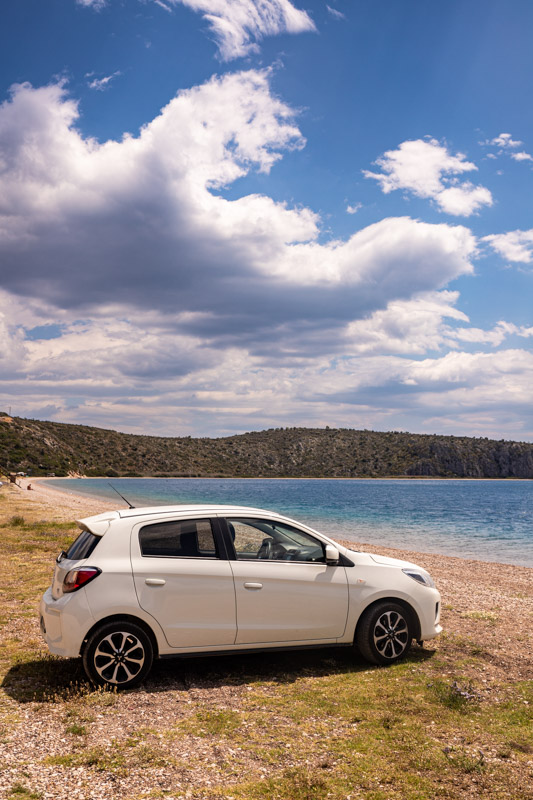
While you can usually find a guided tour that can fit in with your travel plans, there is still a limit to where you can go and what you can do.
There are no last minute change of plans allowed and you can’t wander off an hour or two to another town you had hoped to see also.
And of course there is always the chance that you may hate the place you are visiting. What can you do then? You can’t suddenly change your travel direction.
Or, on the other hand, what if you fall in love with a place? There’s no way you can decide to spend just one more day (which could turn into 12 like it did with me on Ios).
4. It can be cheaper

Everything comes with a price attached and it is all relative to your experiences.
Guided tours are always going to be more expensive because you are paying for someone else to do the planning for you. Although, sometimes small group trips work out to be a cheaper option.
If you’re someone who doesn’t mind planning and is traveling the world on a budget, then you may want to get a calculator and work out how much you would save if you did it yourself.
Craig and I are pretty good at travelling on a budget.
We look at the prices of guided tours and know that we could do the same and more, at a much slower pace, with a more local experiences for the same or usually less.
But of course that comes with a price – meaning inconvenience, hard work, and discomfort.
5. You avoid terrible social dynamics

You hop on a guided tour for 2 months around Europe, you’ve paid all your money, you are super excited and then by day 3 you realize you have nothing in common with the 28 other people on the bus.
In fact, you can’t stand them. What you thought was going to be your dream adventure, has turned into a nightmare.
One thing I have learned from traveling with others is that you have to be really selective. Friendships can implode very quickly. You are in each others pockets for days on end.
If the social dynamics are not working it can be horrible. With independent travel you can choose who you travel with. If you find you are not getting along with your travel mates you can easily make a quick choice and change directions apart from each other.
I left my Eurovan tour early as I just wasn’t liking the social dynamics of the group I was traveling with. Six girls in a campervan for 10 weeks can get a bit too much.
Tips for Independent Travel
Now you know why independent travel is better than group travel, here are is some of my top tips for traveling alone…
1. Plan ahead

Before embarking on a solo adventure, do some research on your destination and whether it’s possible to do a self-guided trip to some place.
You should research how to understand the local customs, language, and arrange your own transportation and accommodation in advance.
The days of traveling on a whim are far behind us. Nowadays, if you don’t plan ahead, you end up paying more rather than less thanks to the mass tourism boom in recent years.
You may also find that some places, particularly national parks, restrict the number of visitors, so if you don’t plan ahead you may be disappointed.
2. Stay connected
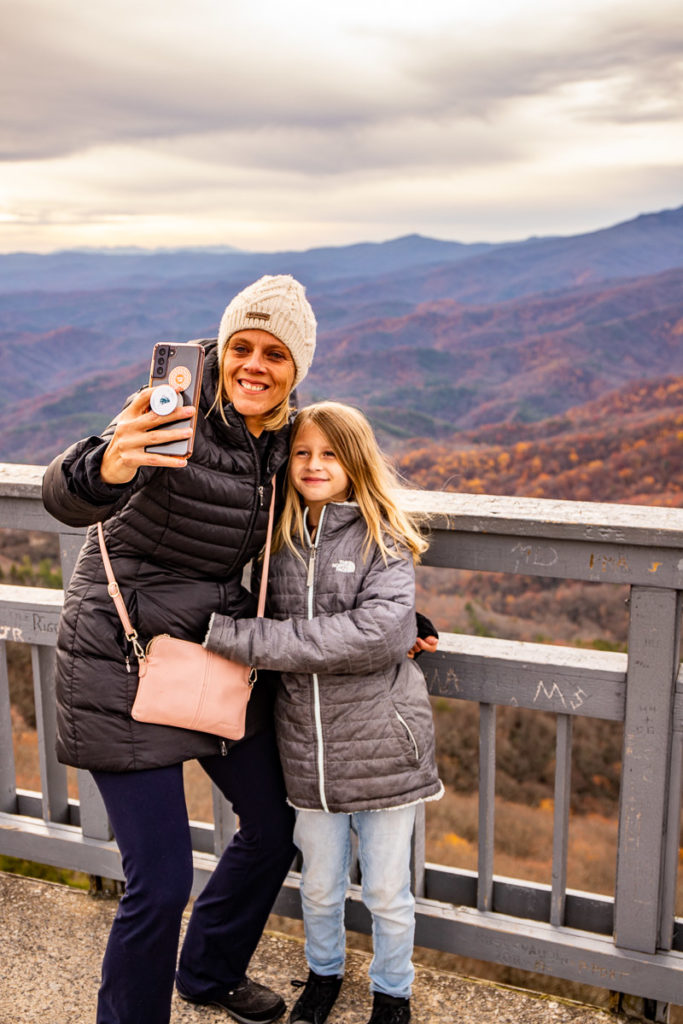
It’s important to stay connected with friends and family while traveling alone.
Let someone know your itinerary and check in regularly. Carry a phone or other device that allows you to stay in touch.
Social media platforms make it easier to do this, but don’t rely on Instagram stories as a way to stay in touch – make a plan with friends or family from back home to check in once a week or something, so they know you are safe.
3. Be aware of your surroundings
Pay attention to your surroundings and trust your instincts. One of the downsides to being a fully independent traveler is that you’re a target.
This isn’t to say that traveling alone is unsafe, particularly if you’re in southeast Asia or Europe, but you may find that being alone makes you more vulnerable to thieves.
Avoid walking alone at night in unfamiliar areas, and be cautious when accepting offers from strangers (or just don’t accept offers from strangers).
You can also find people to go out with from your hostel, so if you are worried about safety, you can find others to have dinner and drinks with.
Travelling alone doesn’t mean you have to be alone.
4. Pack smart
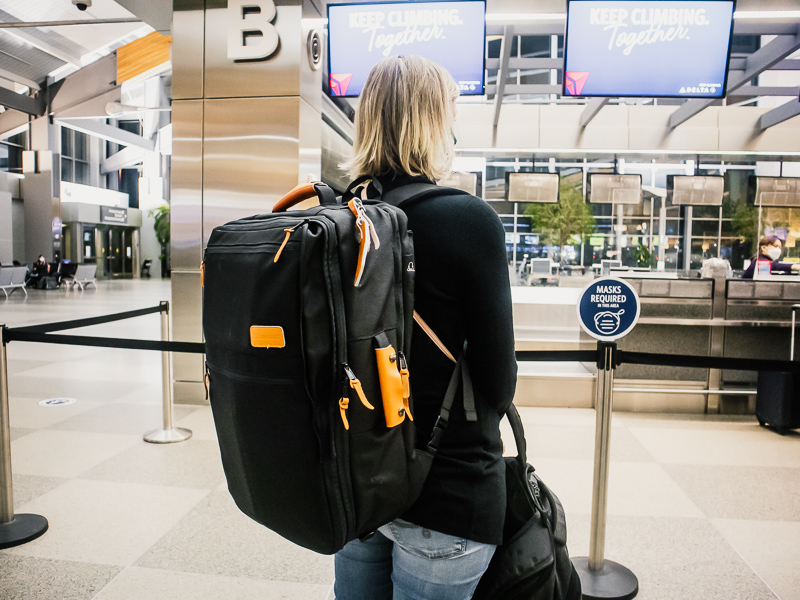
Pack lightly and bring only what you need. Make sure to carry any necessary medications, identification, and emergency contact information.
You can usually find most things you need when you travel. Plus, buying clothes and things when you arrive means you have souvenirs to take home and supports the locals.
5. Get involved
Just because you haven’t joined a small group touring experience doesn’t mean you have to be alone all the time.
You can take day tours, or take part in a local activity. This is a great way to meet new people and experience the culture of your destination.
6. Take care of yourself
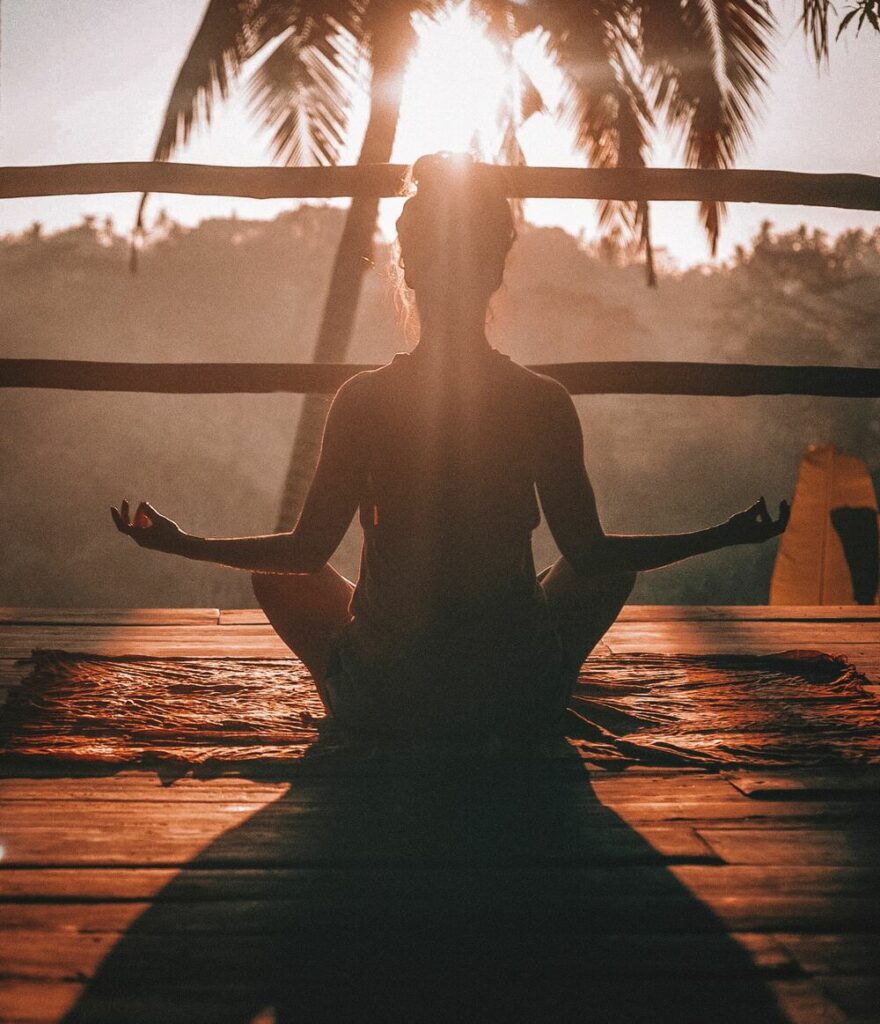
Being a free independent traveler means you need to look after yourself.
Stay hydrated, get enough sleep, and eat well. Make sure to take breaks when needed and don’t push yourself too hard.
Have a list of local numbers for emergencies so you know who to call if you fall sick or get injured.
7. Be flexible
One of the best things about being a solo independent traveler is that you meet new people, both local and other travelers.
This presents you with opportunities to visit new places you haven’t heard of before, experience things off your itinerary, and have a more authentic experience.
If you visit places such as Thailand, India or anywhere in Asia for that matter, you will find the locals love tourists and want to share their culture with you.
So keep an open mind and be flexible, so you can take advantage of these authentic experience.
Best Places for Independent Travel
When traveling alone, you may find that some places are better than others. Here are some places I would recommend you go alone…
- Thailand – there is no easier country to travel to alone than Thailand. If you start in Bangkok and stay on Khao San Road, you will meet so many other travelers to make friends with.
- Italy – one of the best things about Italy is its architecture and art. When traveling to places such as Florence and Rome where there are so many historic attractions and galleries, being alone is a great way to experience them as you don’t have people around to rush you.
- Japan – aside from being incredibly safe, Japan is a very unique place that will be sure to be a culture shock. It’s easy to navigate and is well set up for solo travelers. Capsule hostels are a great way for solo travelers to save money (especially as Japan is not cheap to travel in).
Places We Don’t Recommend for Independent Travel
As well as places that are great for solo travel, there are also places that aren’t. Here are places we think you would feel safer or have a better experience being with others if it’s your first independent travel trip.
- South Africa – Aside from the fact that South Africa doesn’t have the best safety reputation, it’s also a country that is best experienced on a road trip. You can save money by hiring a car with others. You may also feel more comfortable being with other people, especially if you’re traveling as a solo female traveler.
- Egypt – while we don’t want to stereotype a place, everyone knows at least someone who has had a bad experience in Egypt with pushy sellers and aggressive men.
- Colombia – another country that doesn’t have the best reputation for safety, so if it’s your first time traveling alone, then I wouldn’t recommend going alone.
- India – it’s huge, chaotic, and full of people. It’s a massively overwhelming experience for most travelers, especially those on your own. But that’s why you should visit there. You will learn so much about yourself, about the world, and about travel in general. You will feel much more comfortable experiencing India for the first time with others, but those that do take a solo trip to India will have more than a few stories to tell.
Before You Go
So there you have it, those are the benefits of independent travel and some advice for being a solo traveler.
No matter who you are, what your age is, whether you’re millennials or retirees, there is so much you can learn from being a free independent tourist as opposed to being on a group tour.
I hope this guide helped give you some idea of what to expect from independent travel.
Do you like independent travel? Let us know in the comments.
[ad_2]
Source link
